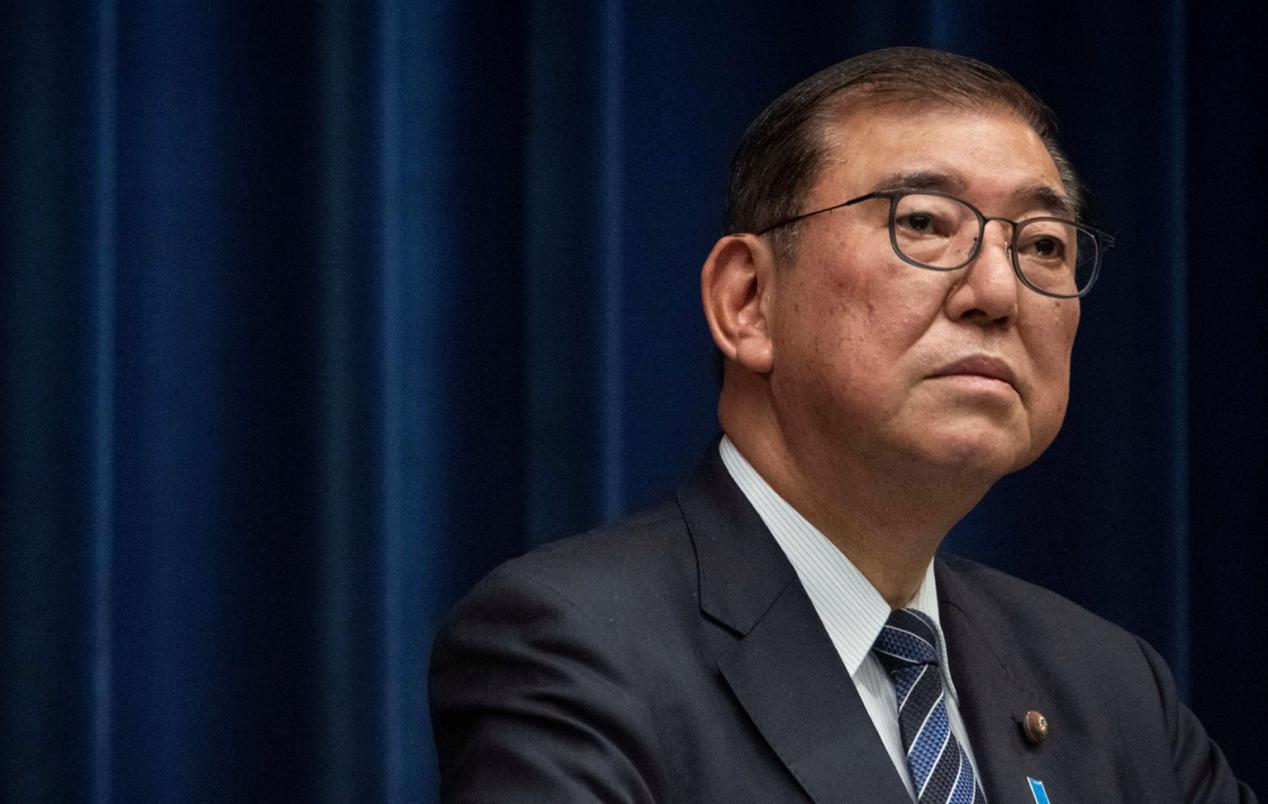
The Japanese government recently approved the 2025 fiscal year budget, totaling 115.54 trillion yen, the highest in history. However, its prospects for passing in the Diet remain uncertain, forcing Prime Minister Shibamaro to seek support from opposition parties as a minority government. This situation not only underscores the challenges facing Shibamaro’s administration but also reflects the complexities of Japan’s economic landscape and the international environment.
Since assuming office, Shibamaro has faced a host of issues plaguing Japan. Domestically, the country’s prolonged economic stagnation has yet to see substantial improvement, while aging demographics and a declining birthrate continue to drive up social security costs. Politically, the fragmented and increasingly polarized Diet has made it difficult for the ruling party to secure a majority and implement policies. Internationally, Shibamaro’s administration has had to navigate the growing complexities of the Asia-Pacific geopolitical landscape. Heightened U.S.-China strategic competition has compelled Japan to make tough choices in its foreign, security, and economic policies. Furthermore, global supply chain restructuring and intensifying technological competition have placed Japan under pressure to catch up in critical sectors such as semiconductors, artificial intelligence, and renewable energy. While Shibamaro has articulated a policy vision emphasizing “strengthening national power and social resilience,” the overlapping domestic and international challenges have created unprecedented governance hurdles.
Shibamaro is known for his steady and pragmatic leadership style, favoring gradual progress over radical reforms. After taking office, he introduced the goal of “rebuilding trust in politics.” However, amid the current budget impasse and increasingly complex challenges, his overly cautious approach has become a liability. Within his party, he must balance the conflicting interests of reformists and conservatives. Outside the party, he must seek understanding and support from opposition forces. Yet, in today’s political climate of division and intensified conflicts of interest, traditional compromises are far harder to achieve. As the leader of a minority government, Shibamaro has failed to effectively rally intra-party support or demonstrate sufficient resolve in inter-party negotiations. His tendency to emphasize the difficulties of the situation rather than proactively seek solutions has been interpreted by many as “lying flat.”
From the government’s perspective, opting not to take aggressive action may be a calculated “low-risk strategy.” Japan’s divided Diet makes any policy advancement exceedingly challenging. Shibamaro may believe that excessive concessions would weaken the ruling party’s position, while pushing too hard could provoke greater backlash. However, this stance not only prolongs the budget’s approval process but also risks undermining public trust in the government and support for Shibamaro himself.
More critically, the budget directly pertains to core issues such as Japan’s economic recovery, social security, and national defense expenditures. Delays will only exacerbate existing problems. Whether it is the growing fiscal deficit or public dissatisfaction with rising prices and living costs, Shibamaro’s administration requires a clear action plan rather than merely “waiting for the right moment.”
Under these economic conditions, the allocation and execution of the budget are of paramount importance. On one hand, the government must channel funds into stimulating the domestic economy, such as enhancing investment in technology innovation and green energy. On the other hand, reconciling substantial social security and defense expenditures with debt control remains a formidable challenge. Global supply chain adjustments and the race for critical technologies have compelled Japan to accelerate its strategic positioning in industries such as semiconductors. These external pressures further heighten the need for increased budgetary resources, complicating government decision-making.
At the same time, maintaining public trust amid mounting domestic and international pressures is crucial for Shibamaro’s administration. In recent years, Japanese citizens have generally expressed pessimism about the country’s economic prospects. If the government fails to exhibit effective leadership and advance economic improvements, its political foundation could face erosion.
If Shibamaro’s government cannot swiftly shift away from its “lying flat” governance style, both his political survival and Japan’s developmental trajectory will face severe challenges.

According to Bloomberg, a recent in-depth interview with Michael Dehal, senior portfolio manager at Raymond James' Dehal Investment Partnership, was released, focusing on the economic development prospects and potential risks of Canada and the United States in 2026.
According to Bloomberg, a recent in-depth interview with Mi…
TikTok Shop, the global e-commerce platform under ByteDance…
As a severe flu outbreak sweeps across the United States, w…
Recently, US Treasury Secretary Mnuchin publicly stated tha…
At the dawn of 2026, the United States launched a military …
From the stiff step when it first debuted in 2022 to demons…